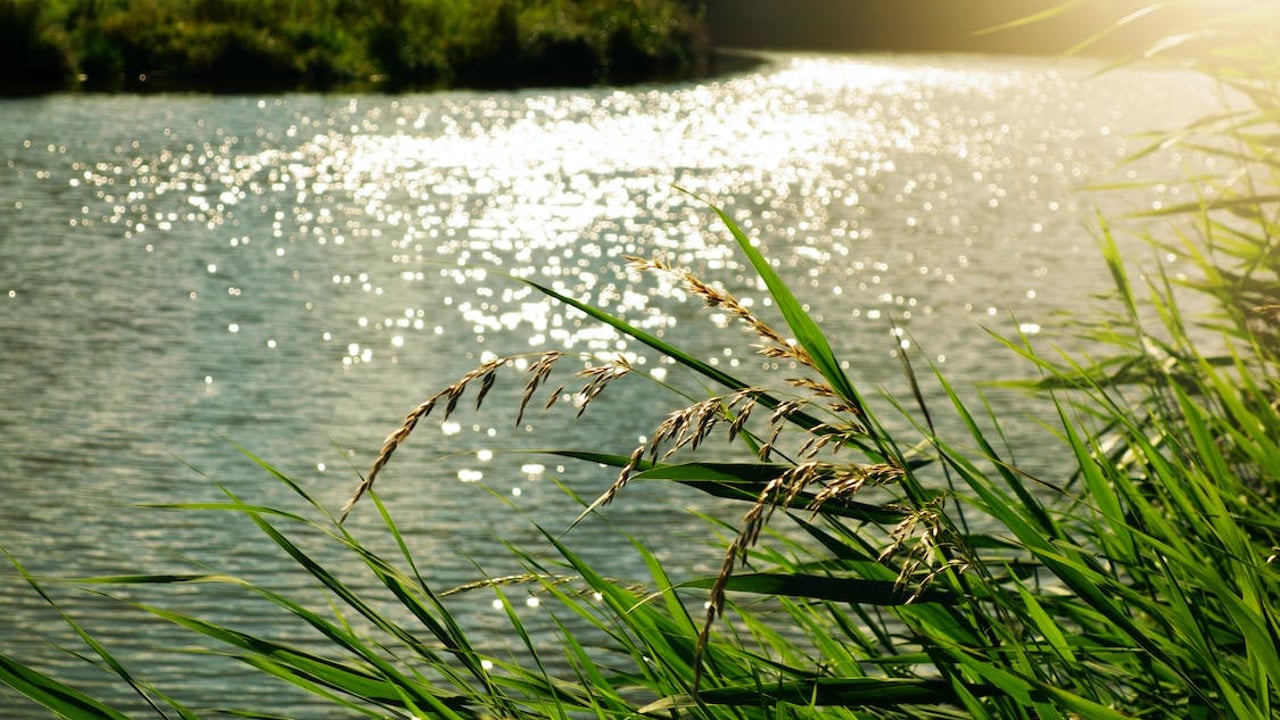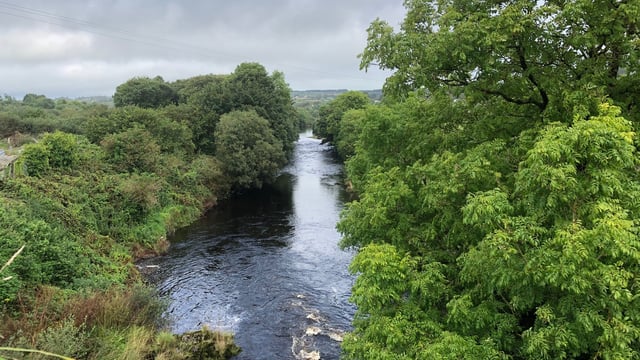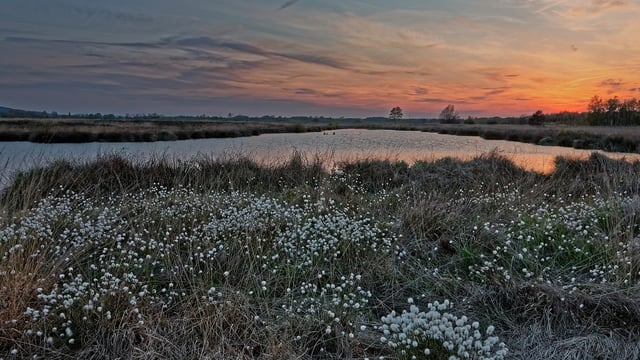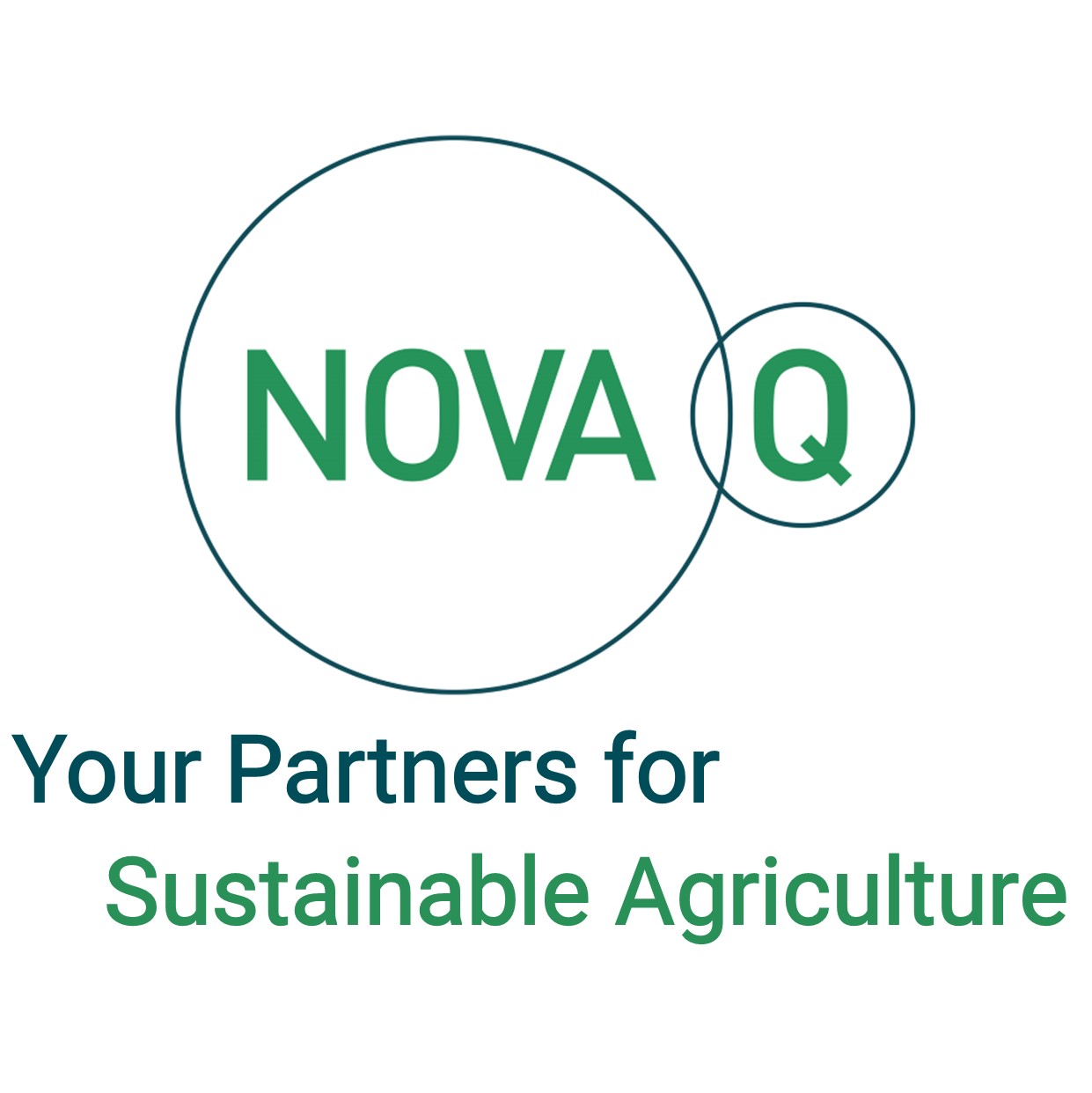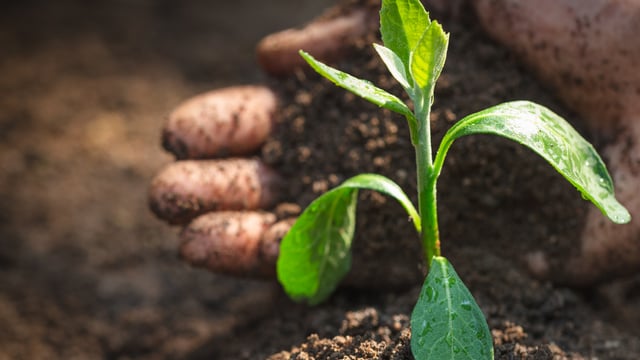An Taisce: 'Step change' needed to improve water quality
An Taisce has called for a "step change" in the water quality measures being asked of Irish farmers to address the issue of nitrogen (N).
The comments come as the Environmental Protection Agency (EPA) said today (Wednesday, June 12) that there were no significant improvements in water quality for 2023.
The agency's Water Quality in 2023 report identifies nutrient pollution from farming and urban wastewater as a major challenge.
The EPA said that nitrate concentrations remain too high in 42% of river sites mainly in the south-east and midlands and eastern regions.
The report also highlights that 17% of estuarine and coastal water bodies assessed were in unsatisfactory condition for N.
Dr. Elaine McGoff, head of advocacy with An Taisce described the EPA report as "worrying" and said how we manage our water in Ireland has to change to address this long-standing problem.
“The fact that agricultural nitrogen pollution didn’t improve in the south and south-east of the country should come as no surprise to anyone.
"Despite all the rhetoric about saving our nitrates derogation and turning the tide on water quality in Ireland, there is no evidence of the necessary improvement in our waters.
"Farmers are jumping through a number of environmental hoops, but the problem is the measures they’re being asked to put in place don't work for all pollutants, and they’re largely inadequate for targeting nitrogen pollution.
"They may work well for silt, phosphorus, or biodiversity, but they’re not designed for addressing nitrogen.
"Until we fix that and put the right measures in the places that we need, then we’re only fooling ourselves if we think the water quality trends are going to dramatically improve," she said.
McGoff said that Ireland must adopt a science-based catchment approach on water quality.
"It’s also shocking that our wastewater treatment plants are still polluting our waterways in this day and age.
"It is critical that the government takes the necessary steps, and provides the necessary funding to halt polluting wastewater discharges into all water bodies," she said.
According to a recent EPA report, 81% of Irish people rate water pollution as their key environmental concern.
"We now need a step change in how we manage our waters and how we manage our land and wastewater. We can’t keep doing largely the same thing and expecting a different outcome," McGoff said.
Meanwhile, the Sustainable Water Network (SWAN) is calling on the government to put in place far stronger measures to address "Ireland’s water pollution crisis".
The network of 25 of Ireland’s environmental organisations said that "ongoing pollution from agriculture and forestry run-off, and discharges of raw and inadequately treated human sewage" must be tackled.
SWAN said that nutrient pollution is having a significant effect on water wildlife, with declines in mayfly, stonefly and caddis fly, which provide food for species such as salmon, kingfisher and otter.
Sinéad O’Brien, SWAN coordinator, said that the lack of improvement in nitrate pollution is of very serious concern.
She said that elevated nitrate levels in water in the south, east and south-east show that "current measures to tackle pollution for intensive livestock farming are not working here".
"We need strong additional measures such as nutrient restrictions based on the carrying capacity of these already nutrient-saturated catchments and risk-assessments for intensive farms, with a licensing system similar to pigs and poultry farms to protect vulnerable rivers and estuaries.
"These measures would result in a marked reduction in agricultural water pollution," she said.
O'Brien added that the government must also commit to urgent investment to halt discharges of raw and inadequately treated sewage into all water bodies.

